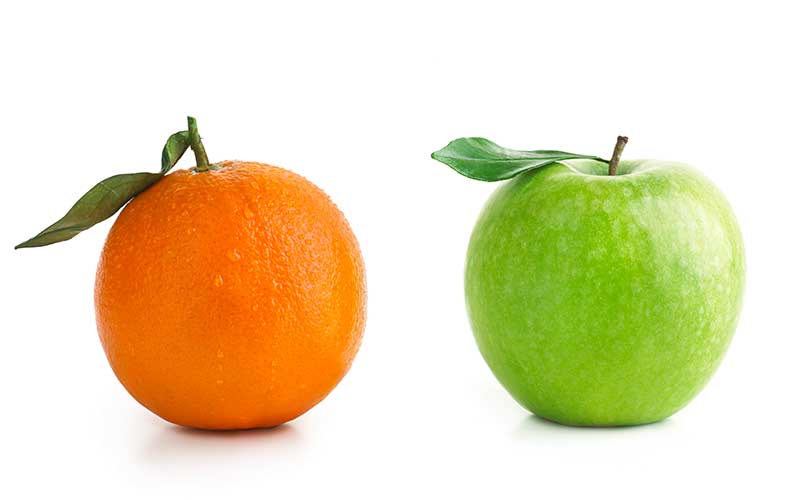SEO (Search Engine Optimisation) and PPC (Pay-Per-Click) advertising are two important tools in the digital marketers’ kit-bag. But is it possible to say which is ‘best’ in any given situation?
Both are essential and complementary: PPC is quick and precise, SEO takes longer but you are building inherent value into your website.
You can think of it this way: SEO is like ‘buying’ traffic – you deliver great content and the search engines will reward you by bringing search visitors. By comparison, PPC is effectively ‘renting’ that traffic – if your budget runs out or is pulled, that traffic also comes to a halt.
Google is the dominant PPC platform but Microsoft, Meta etc also have PPC products for their platforms.
Here’s a useful SEO versus PPC comparison:
- Speed to achieve measurable results. PPC is the only way to guarantee that you get to the top of the search results (budget allowing). Even if you rank organically (unpaid listing) at position 1 for a specific search query, the search engines will fill the top of the page with PPC ads. Also you may have an immediate business requirement such as a poor sales period, a new promotion or a product launch. Perfect for PPC as it’s rapid: a new campaign can be up and running in any location around the world very quickly. SEO is the long-term game; it requires planning and application of SEO best-practices throughout the website (on-page) and externally (off-page link-building). Once these changes are made, you’re in the hands of the gods (aka search engines) to see the results of your hard work – usually that takes months.
- Message rotation. Good digital marketing is all about testing and measurement. Rotation of messages (i.e. advert copy) in PPC is a powerful feature allowing comparative performance of creative. New adverts can be posted within minutes. By comparison, the organic search results equivalent is the page title and meta description – the snippets of text that appear for your search listing. These are quick to change on your web page but the search engines need to crawl the page and update their indexes before you may see it in the search results. And there is no guarantee they will show your preferred page title or snippet!
- Control and optimisation of landing pages. With SEO, you can influence which pages a search engine will rank for a group of search queries; with PPC you can ensure the right landing pages are presented to the searcher for their search query. That means you can customise your landing pages to increase their relevance for each search query you target if you wanted to go that far. You can also try different content and CTA’s on rotation with split-testing to see which is the best at converting.
- Reach. Through contextual advertising, you have access to an additional audience: visitors on a content network. This could be on 3rd party websites that show adverts or major social platforms such as Facebook and LinkedIn. Contextual advertising can be good for branding and can sometimes yield very high conversion rates from information-led surfers (with the right offer of course).
- Shopping searches. If you have products to sell and want to appear in the shopping results, only PPC can do that for you.
- Cost. SEO should be a fixed cost (subject to the specific SEO contract) whereas PPC is variable. PPC budgets can be set but it’s a keyword auction; if the competition raises its bids, you must do so if you wish to maintain your position. If your PPC budgets need to be cut, so too is your traffic.
- Target your competitors. It’s acceptable to Google for UK advertisers to bid on competitor brand terms and trademarks providing these trademark terms do not appear in the advert copy. This type of tactical marketing cannot ethically be delivered by SEO. In my experience, bidding on competitor brands can be good for your brand, bring incremental sales and the cost can be quite reasonable.
- Visitor preference. There are certain situations where an organic search listing delivered via SEO may be preferred by searchers. If you’re looking to buy a product online, you might lean towards clicking on an advert but what if you’re looking for information on a medical condition or doing some background research early in your purchase cycle? For non-transactional search-queries, a click on an organic listing may be preferred by the user.
- PPC can inform your SEO strategy. The performance data you can get from PPC can help take your SEO to another level. Keyword tools can only take you so far; they are, at best, estimates and they cannot tell you which keywords will convert. With the performance and conversion data from PPC, you’ll know with much greater confidence which keywords to feed into your SEO efforts.










